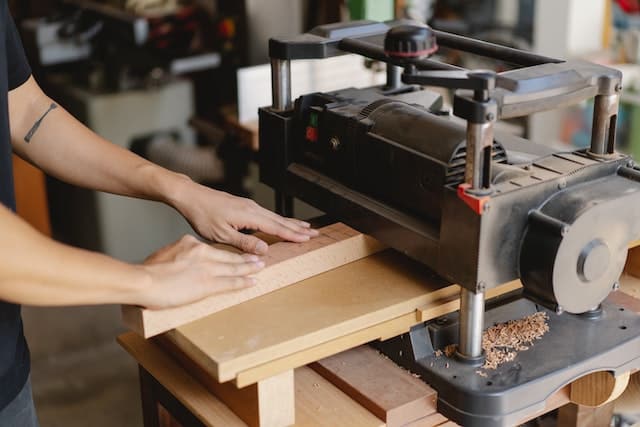In woodworking another essential power tool for the carpenter is the thickness planer and even if it seems that it’s for the more professional carpenters , it helps the most all the woodworkers .
After the end of your power jointer’s “mission” to flatten , one of your board’s face(which you put in your thickness planer bed) , the next step cannot be done without the help of your thickness planer and be perfect , not close to perfect .
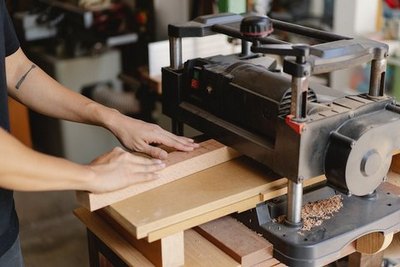
” The thickness planer is a woodworking electric powered machine , used to settling a wooden board into constant thickness , evenly and along its length and mass . ”
Make a quick check to my top thickness planer suggestions , in HERE .
What a Thickness Planer , does to a piece of wood ?
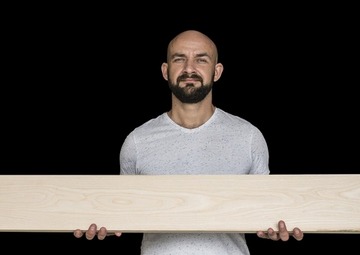
The thickness planer sets( by uniform planing it with its knives ) the entire wood – wooden board to have the exact same thickness , perfect and evenly along , in all of the wood’s mass and only that !!!
Attention in here because many get confused and let me clarify it . The thickness planer , does not make flat the wooden surface of a board . The flatness is the job of the power jointer .
The thickness planer gives the same uniform thickness and only that .
Flattening and same uniform thickness , are totally different situations .
In my power jointer post , i explain more extended this issue , which many confuse and it’s very important to clarify it in your mind . See it in HERE .
How Thin , can a Thickness Planer cut ?
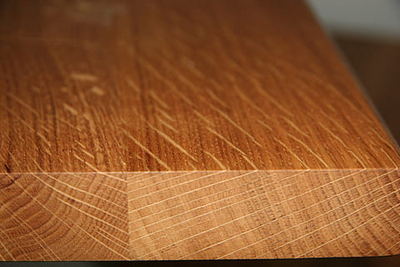
Usually we pass through a thickness planer wooden boards , from 1/6″ and thicker . If you choose to plan less than – let’s say – less from 1/8″ and thinner boards , you may have bending issues from the board and maybe a fear of breaking it .
What are the 3 Types of Thicker Planers ?
According with their portability , their general power and how versatile are , the thickness planers , comes in 3 types :
1) The Bechtop Thickness Planer .
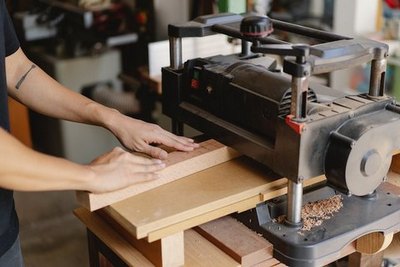
It’s the most affordable thickness planer , the more portable than the other 2 , but of course it doesn’t have the extended features of the other two and theit power .
It’s main advantage , is the huge portability , not of course that there’re bad planers , on the contrary . They’re very capable for their size .
2) The Stand – alone , Thickness Planer .
The stand – alone thickness planer has tha ability to stand still on the floor , having its own base and of course there are more powerful , and have more planer capabilities than the benchtop ones .
They’re more expensive and need more space .
3) The Combo , Thickness Planer .
The combo thickness planers , are thickness planers and power jointers at the same machine . It’s a very versatile woodworking machine and you can have two power tools , in the space of one , which is a very nice feature .
Ok , the switching between these two features , needs a little practice but it isn’t a big deal .
Is a Thickness Planer the Same as a Regular planer ?
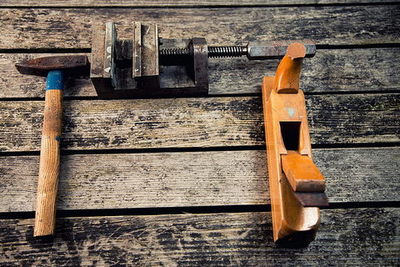
No , it isn’t . We use the regular planer to smooth a wooden surface , board , et.c , but this smoothness process , isn’t evenly to all of our wooden’s board surface .
In some spots we “eat”-trimming , more wood’s flesh and in some spots we aren’t , if they don’t need it . The manual planning makes the surface smooth to our touch .
The thickness planer gives the exact same uniform thickness to all the board , together with the smoothing it makes .
If our board has passed before throught the power jointer for flattening and squaring , we can create the 2 faces of the board exactly parallel .
Can i use a Thickness Planer instead of Sanding ?
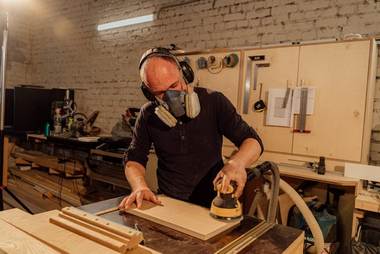
Yes , you can it isn’t “forbitten” , but i won’t suggest you to bypass the sanding and i have a serious reason for this .
When you use your sanders to sand wood manually , in order to “clean” the from old varnishes , et.c , your hand follows – adapts the surface – repousse of the surface , not “eating” wood’s “flesh” when it doesn’t needed .
You sand and “eat” wood’s flesh , a little here , a little more there , et.c and you don’t “eat flesh” that it isn’t necessary .
The thickness planer doesn’t do that . It “eats” specific wood’s “flesh” evenly along the entire board , not making exceptions .
How much Power my Thickness Planer , should be ?

Power is never enough many say , but in our case a medium range of horse power is the most suitable , givnig you the opportunity to use your planer to more hard types of wood .
Remember a guide about how you can identify the good quality wood , HERE .
The 3HP – 5HP is a very nice range for your thickness power motor .
What style of Knives , should my Thickness Planer , Cutterhead should have ?
There are two styles of knife cutterheads , in the thickness planer area .
1) The Straight knives .
These knives are moving in a stright line along the cutterhead .
2) The Spiral – Helical , Knives .
These knives imitate the spiral movement in the cutterhead .
The helical type of knives are better than the straight knives , because they planning – trimming wood more clean , more elegant , than the straight ones .
Can you put Wet wood in a Thickness Planer ?
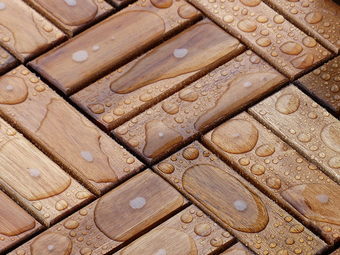
No , you cannot , it’s highly forbitten .
Can a Plywood go through a Thickness Planer ?
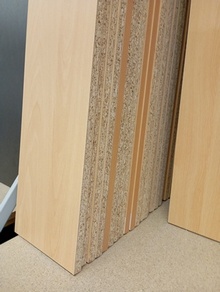
Yes , i suppose you can , but i won’t suggest you to do it , not only in plywood but in all the industrial wood .
Except that the glue and resins factor which the plywood and engineered wood are made , will block and damage the knives , i don’t 100% trust that a tiny wood piece won’t “escape” the planning process , causing safety issues .
Read my approach and safety mentality with some tips , in HERE .
Do I really need a Thickness Planer ?

Yes , for sure it’s a very significant power tool and if you’re a totally professional woodworker , a cabinet maker , et.c it’s very essential and i suppose you already have one .
The power jointer combined with a thickness planer , make our lumber perfectly flat and square .
Maybe the combo planer type , in order to be flexible with your space .

Even if you’re kind of more amateur woodworker , or maybe if you’re making some money selling your handmade furniture , a benchtop planer , is an ideal helper .
As all the power tools , yes they’re more expensive than the hand ones , but their help is more than essential .
Keep woodworking and always stay “hungry” for happiness .
